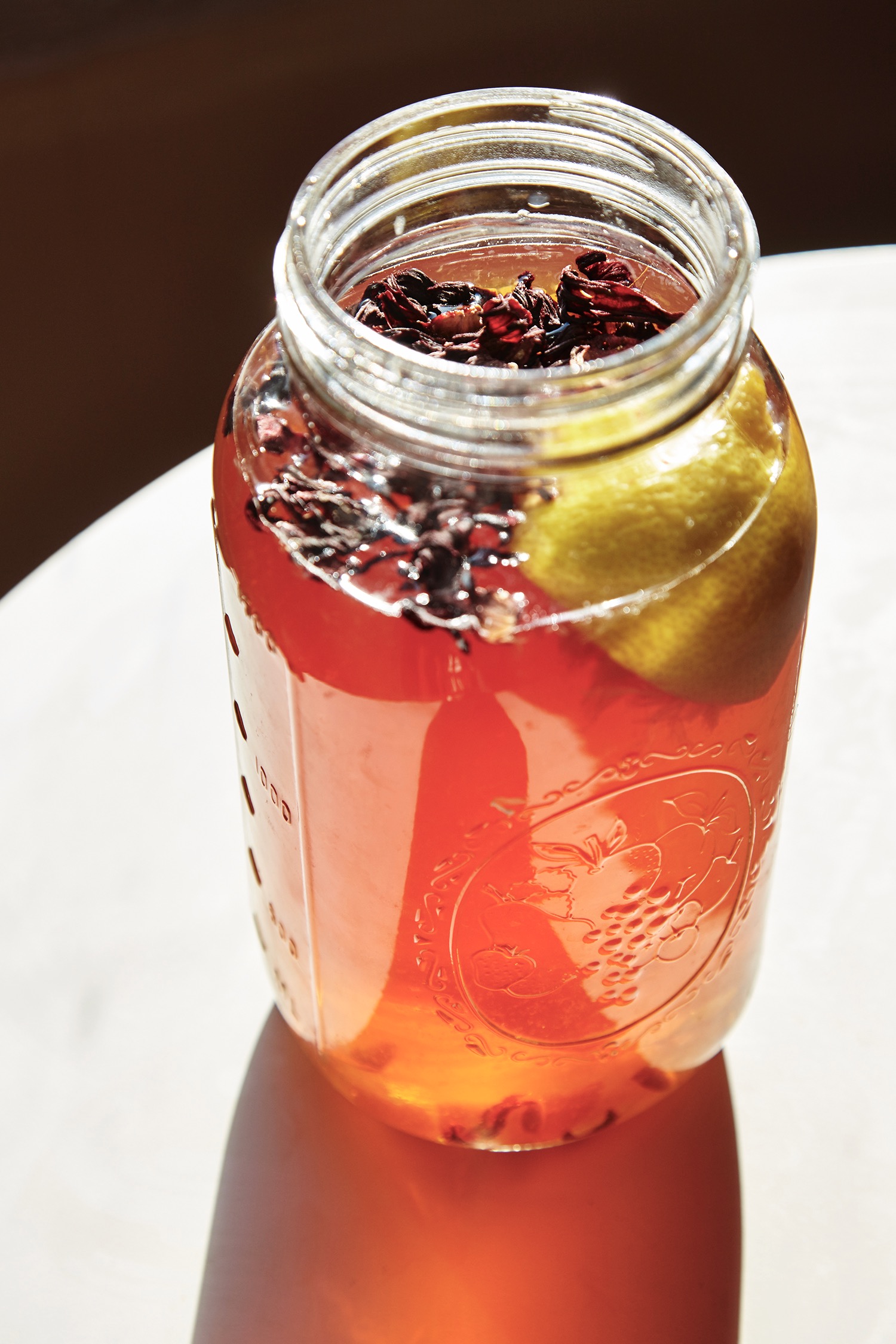https://www.instagram.com/p/BPVH6_fltdh/
Time has the Obama staff’s White House meal recommendations:
“As somebody who is a regular consumer of coffee, there is a window between 2 and 3 p.m. that the mess is closed. Most days you don’t lift your head up to think about having lunch or a cup of coffee till 2:05. I feel like I end up most days in the dead zone between 2 and 3 p.m. You want to plan your day to not get caught in the dead zone.”
NPR reports on Doctors Without Borders adding food to its arsenal:
“Other organizations are stepping up their food response, as well. In December 2016, for example, the World Food Programme, the food arm of the United Nations, delivered food or cash to more than a million Nigerians in conflict affected areas of the country—up from assisting 160,000 people in October. WFP intends to continue to pour more food into the area but requires more funding. So the U.N. organization is ramping up its appeals to governments and private donors.”
Forbes covers a Finnish entrepreneur who wants to get food businesses invested in public health:
“More companies need to focus on trust and quality ingredients that are good for consumers, not just bottom line economics, he says. Health, not disease is the premise of Goodio, which produces health-conscious snacks and treats, namely raw chocolate bars.”
The Salt on how big milk is killing family-owned dairy farms in the U.S.:
“In 2010, Vermont had more than 1,000 dairy farms, but by the end of last year there were just more than 800. According to a national census by the United States Department of Agriculture, in 1950 there were about 3.5 million farms with milking cows. By 2012, that number had plummeted to 58,000.”
From Impatient Foodie, Eve Turow Paul on the food waste that is part of juicing:
“There is between 1 and 6 pounds of fresh produce in every 16-ounce bottle of cold-pressed juice. According to Modern Farmer, 175,000 tons of pulp—leftover from juicing—was dumped into landfills in 2015. This waste, they note, led to the emission of about 200,000 tons of carbon dioxide into the atmosphere. In short, each bottle of cold-press juice that you drink contains 1 to 6 pounds of produce that could be eaten in its entirety as a salad (or two or three salads), but is instead pulverized and partially discarded.”
The New York Times reports on genetically “edited” foods and how they’re different from GMOs:
“A new generation of crops known as gene-edited rather than genetically modified is coming to the market. Created through new tools that snip and tweak DNA at precise locations, they, at least for now, largely fall outside of current regulations.”



